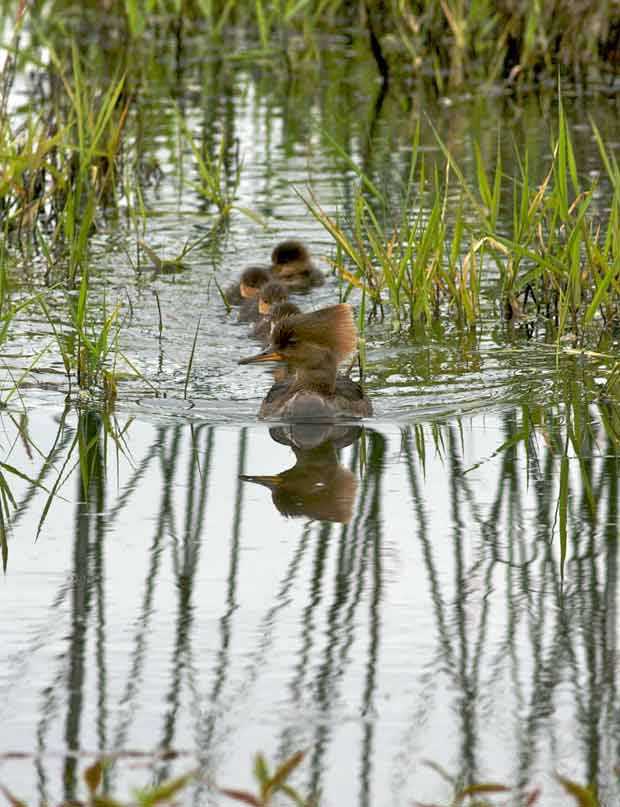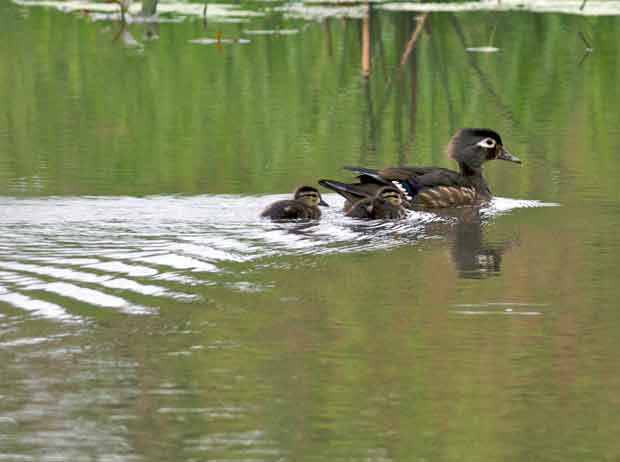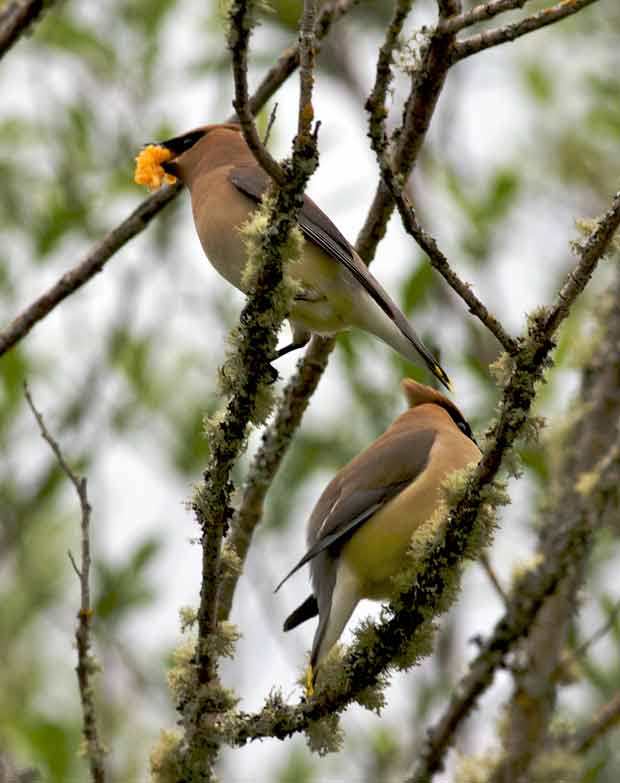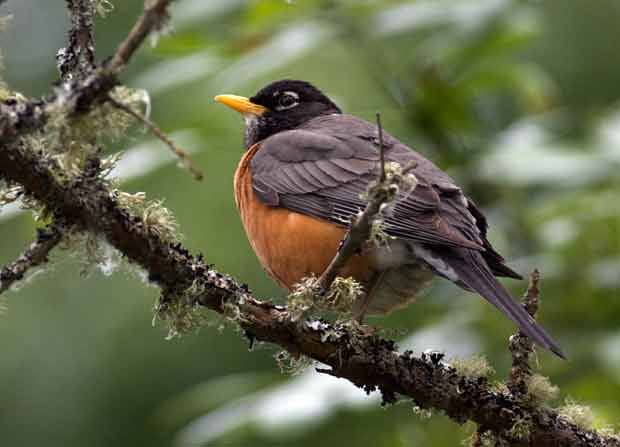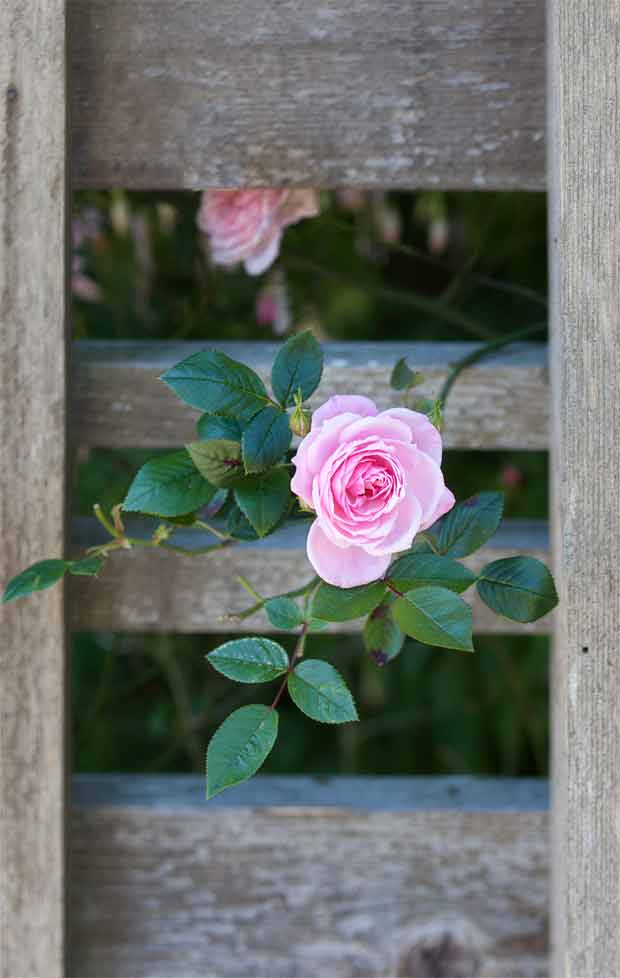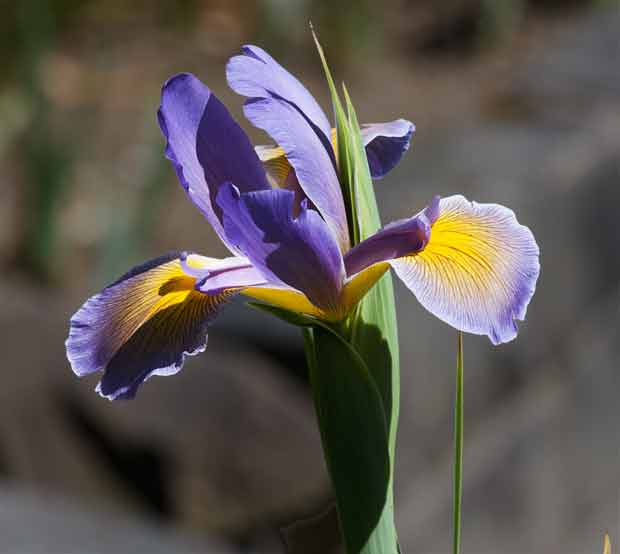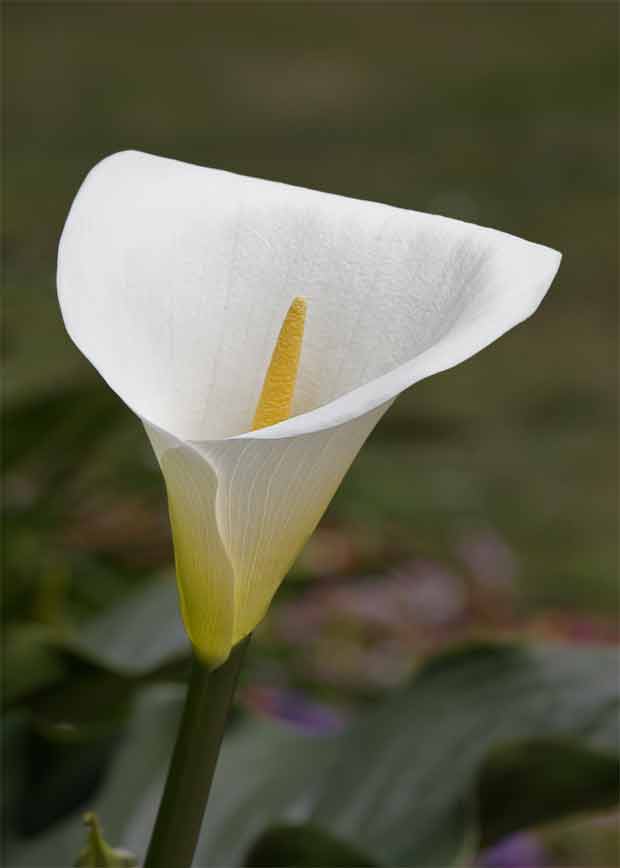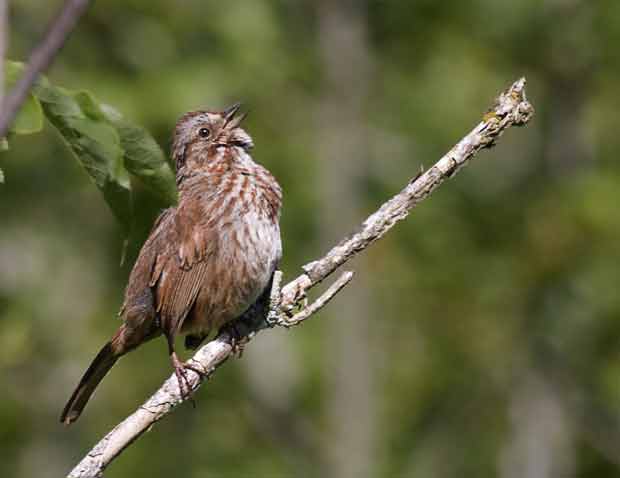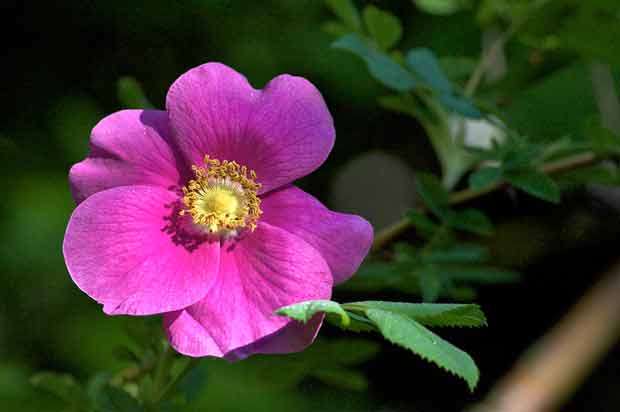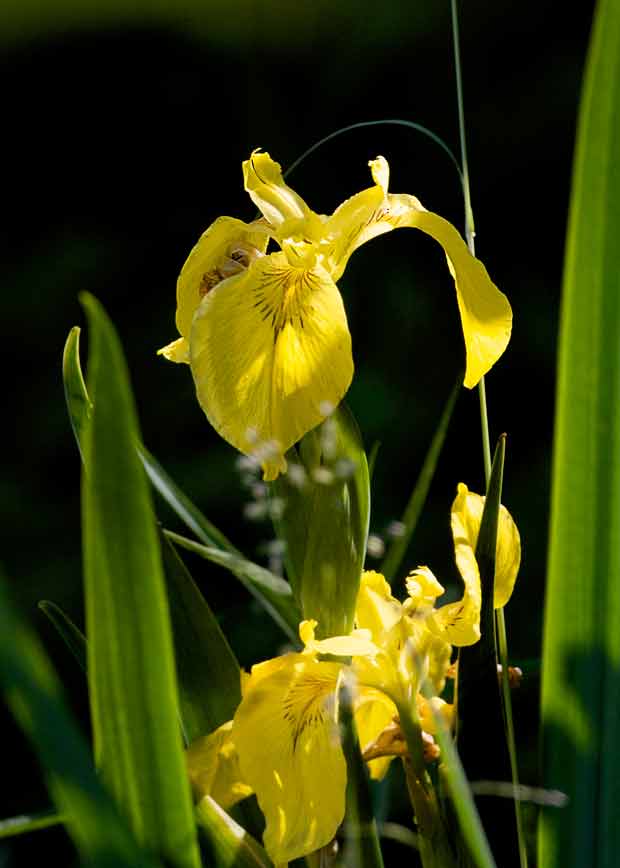I finished Denise Levertov’s This Great Unknowing: Last Poems several days ago and have been struggling with exactly what I wanted to say about the book. So much so that I asked Mike if he could help me to find the exact words to express a feeling that I have about much of Levertov’s poetry.
First, let me make it clear that I like Levertov’s poetry a lot. One of the first things I look for in a poet is the ability to help me see more clearly what it is I believe, and the more I read her poetry the closer I think the two of us are attuned. She puts into words feelings and ideas I’ve felt but have seldom heard articulated more clearly.
Looking at “Immersion,”
IMMERSION
There is anger abroad in the world, a numb thunder,
because of God’s silence. But how naive,
to keep wanting words we could speak ourselves,
English, Urdu, Tagalog, the French of Tours,
the French of Haiti.
Yes, that was one way omnipotence chose
to address us-Hebrew, Aramaic, or whatever the patriarchs
chose in their turn to call what they heard. Moses
demanded the word, spoken and written. But perfect freedom
assured other ways of speech. God is surely
patiently trying to immerse us in a different language,
events of grace, horrifying scrolls of history
and the unearned retrieval of blessings lost for ever,
the poor grass returning after drought, timid, persistent.
God’s abstention is only from human dialects. The holy voice
utters its woe and glory in myriad musics, in signs and portents.
Our own words are for us to speak, a way to ask and to answer.
for instance, I find myself agreeing with virtually everything she says, though I don’t think I’ve ever articulated these feelings as clearly as she does. Emerson and Thoreau are two of my favorite philosophers, and I was surprised when I found out that their views on human nature based on their observation of Nature stemmed from their Puritan ancestors who viewed natural phenomena as “signs and portents” from God.
Certainly life would be easier if God would speak directly to us, just as childhood was easier than adult life because our parents told us what to do. It’s much harder when you reach adulthood and have to make your own decisions based on your own observations of the situation. That might seem like a high price to pay for “perfect freedom,” but most of us would never trade adulthood for childhood again.
If there is a God, I believe like Levertov that He reveals himself in “events of grace, horrifying scrolls of history and the unearned retrieval of blessings lost for ever.” Only a child would demand that he tell us what to do directly by speaking to us.
I found 13 other poems in this 84 page book that I enjoyed enough to reread and reconsider. Perhaps it’s wrong to demand more than that from a poet, but I do.
When I thought back about all the Levertov poems I’d read, I couldn’t remember a single poem or even a single line that stood out in my memory, although, if pressed, I could certainly summarize her main themes. Rather strange when I can still remember specific poems that I read way back in high school that are still important to me, like Hardy’s “Darkling Thrush” or even Eliot’s “The Hollow Man,” a poem that I disagreed with but still made a deep impression on me.
I suspect that Mike is right when he suggested that Levertov is too cerebral. He might even be right when he suggests that might be her appeal to me, that I tend to be cerebral — though that’s certainly not a word I would use to describe myself. Heck, sometimes I even worry that I’ve been Googled
, unable to read an in-depth article, forever limited to lyrical poems where I can pause between poems for a brief mental respite, or walk away for a cup of freshly-ground, freshly-brewed cup of Poverty Bay Coffee Company’s Skookumchuck River French Roast.
In short, “Immersion” offers interesting ideas, but lacks poetic imagery, rhyme, near-rhyme or even assonance or consonance, for that matter. In other words, like many of Levertov’s poems it seems more like a prose meditation than a poem. Of course, I have found myself strangely attracted to various forms of meditation lately, so that might also explain why I like her poetry
